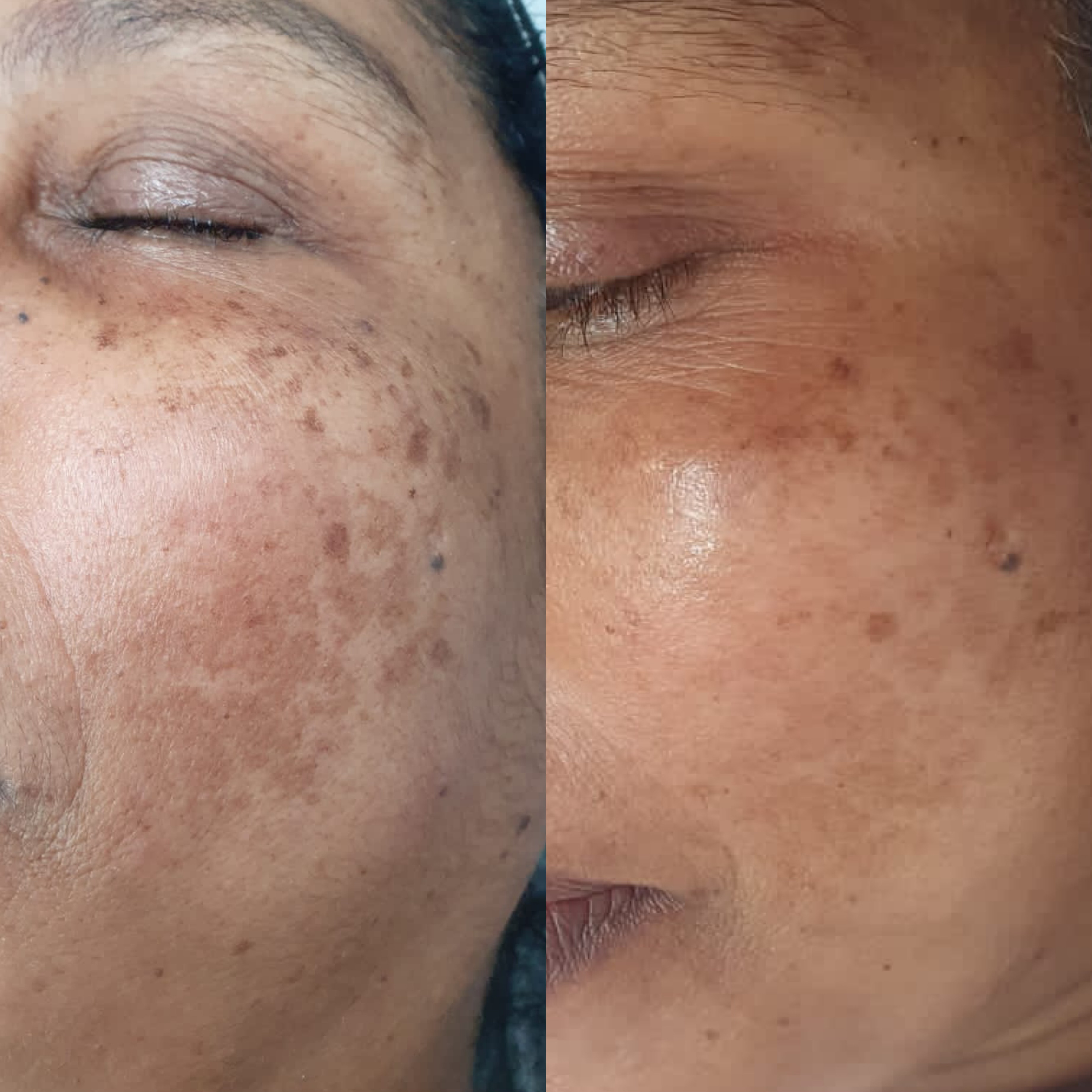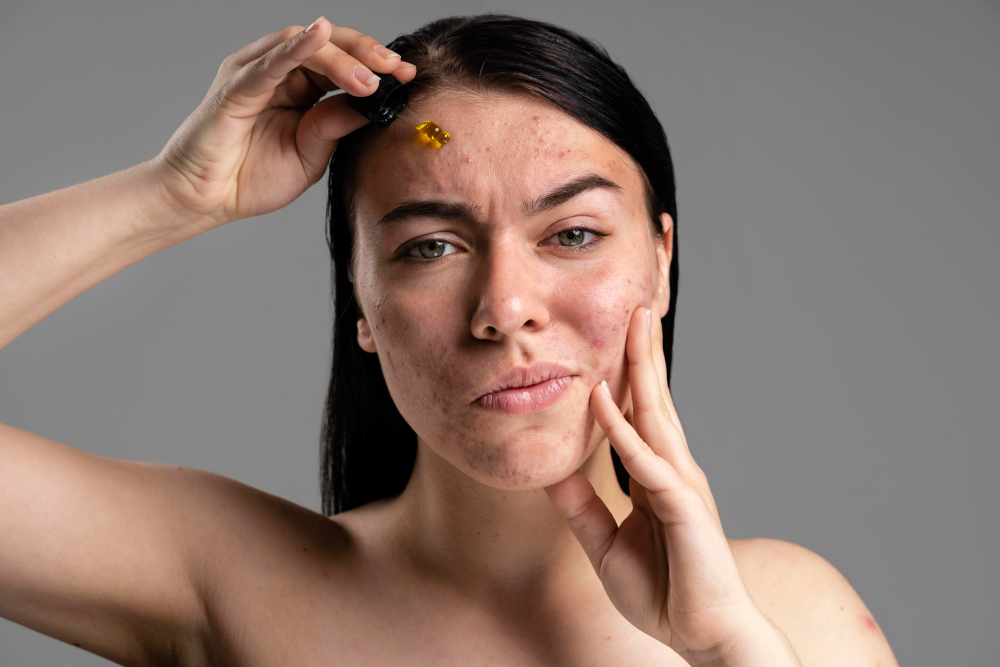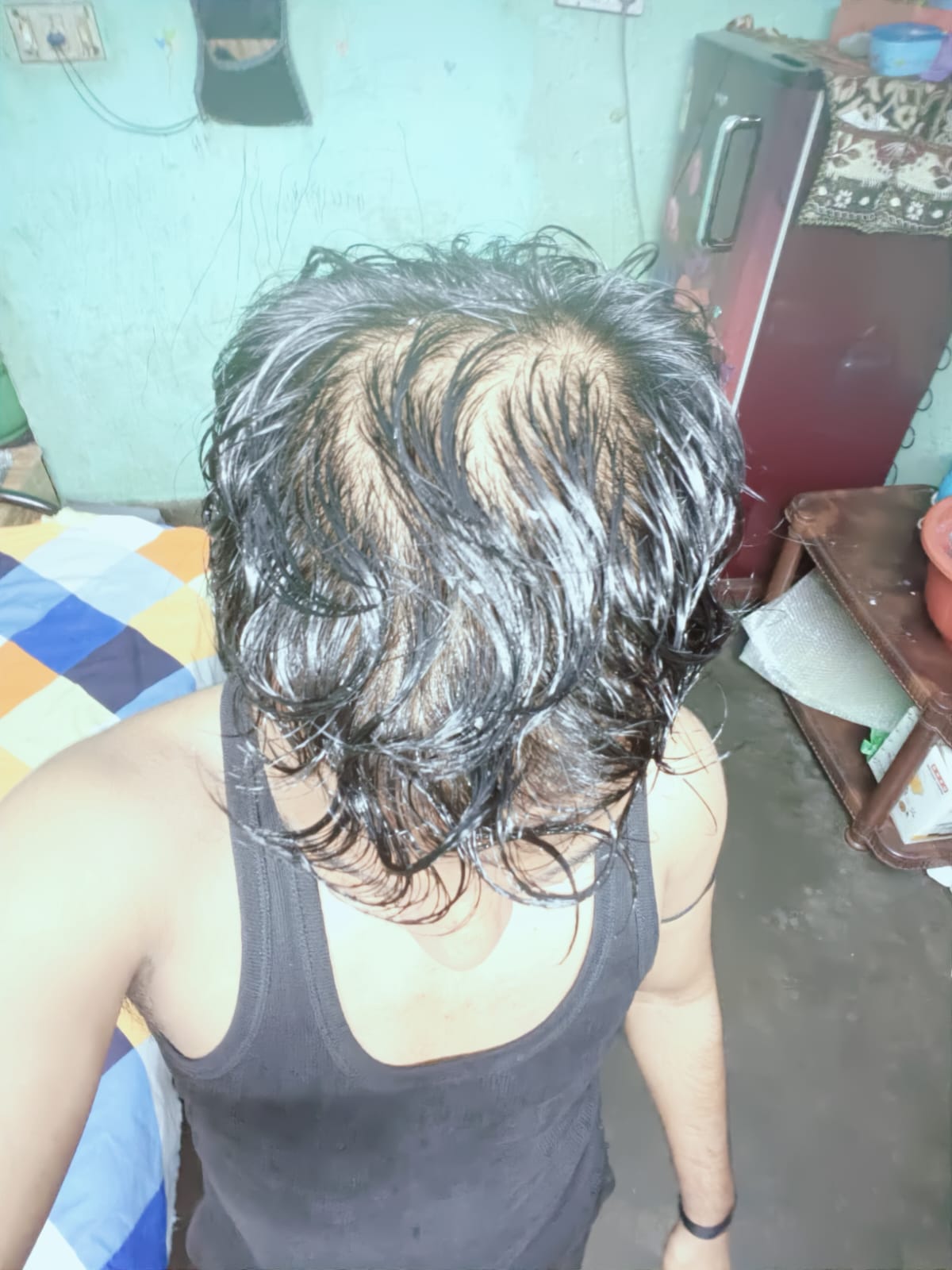How to Get Rid of Face Pigmentation: Expert-Approved Solutions That Work

Strong 8k brings an ultra-HD IPTV experience to your living room and your pocket.
Facial pigmentation can affect anyone, regardless of age or skin type. Whether it’s melasma, sun spots, age spots, or post-inflammatory hyperpigmentation (PIH), uneven skin tone often becomes a frustrating cosmetic concern. The good news? With the right treatments and skincare approach, pigmentation can be significantly reduced, and in many cases, completely resolved.
In this blog, we’ll guide you through the causes of pigmentation, the best dermatologist-recommended treatments, lifestyle tips, and skincare products to help you regain an even, radiant complexion.
What Causes Face Pigmentation?
Pigmentation occurs due to an overproduction of melanin, your skin’s natural pigment. The most common triggers include:
- Sun exposure (UV damage)
- Hormonal changes (pregnancy, contraceptives, PCOS)
- Post-acne or injury marks
- Ageing
- Genetics
- Certain medications or cosmetic products
Types of Facial Pigmentation
Understanding your pigmentation type helps choose the most effective Pigmentation treatment. Common types include:
Melasma: Brown or grey patches, usually on the cheeks, forehead, or upper lip.
Sunspots (Lentigines): Caused by sun damage, common in older individuals.
PIH (Post-Inflammatory Hyperpigmentation): Dark marks after acne, injury, or inflammation.
Freckles: Tiny brown spots triggered by sun exposure, more common in fair-skinned people.
How to Get Rid of Face Pigmentation
1. Professional Treatments by a Dermatologist
If pigmentation is persistent or widespread, visiting a dermatologist is crucial. Common clinical treatments include:
a. Chemical Peels
These exfoliate the top layers of the skin, removing pigmented cells and encouraging fresh skin regeneration. Glycolic, salicylic, and lactic acid peels are commonly used.
b. Laser Treatment
Advanced laser therapy, like Q-switched Nd: YAG or Fractional CO2 laser, targets deep pigment and stimulates collagen production for clearer skin.
c. Microneedling with PRP
This procedure uses tiny needles to trigger skin repair and regeneration, and when combined with PRP (platelet-rich plasma), it enhances pigment reduction and rejuvenation.
d. Medifacials
Custom skin-brightening facials infused with glutathione, vitamin C, and kojic acid can reduce surface-level pigmentation effectively.
2. Topical Treatments (Dermatologist-Prescribed or OTC)
- Hydroquinone: A strong skin-lightening agent, often prescribed for melasma.
- Retinoids (Retinol, Tretinoin): Speed up cell turnover and improve skin tone.
- Azelaic Acid: Works well on PIH and acne-prone skin.
- Kojic Acid & Arbutin: Natural tyrosinase inhibitors that reduce melanin production.
- Vitamin C Serum: Antioxidant-rich and helps fade pigmentation over time.
Always consult a dermatologist before starting prescription creams.
3. Sun Protection is Non-Negotiable
Pigmentation always worsens with sun exposure. That’s why broad-spectrum sunscreen (SPF 50+) is your best defense.
- Reapply every 3–4 hours if outdoors
- Choose a PA++++ rated sunscreen
- Use hats and sunglasses for additional protection
4. Skincare Routine for Pigmented Skin
Here’s a dermatologist-approved daily routine:
- Morning Routine
- Gentle cleanser
- Vitamin C serum
- Moisturizer with niacinamide
- Sunscreen (SPF 50+)
- Night Routine
- Cleanser
- Exfoliating toner (2–3x/week)
- Retinol or pigment cream
- Hydrating night cream
5. Diet and Lifestyle Support
Include antioxidant-rich foods: berries, leafy greens, tomatoes, nuts
Stay hydrated and avoid sugary, processed foods
Get 7–8 hours of sleep to support skin repair
Avoid picking at acne or blemishes to prevent PIH
How Long Does It Take to See Results?
Pigmentation treatments often take 4 to 12 weeks to show visible improvement depending on the severity, type, and treatment method. Consistency is key.
Final Thoughts
Pigmentation isn’t something you need to live with. With personalized dermatological treatments, science-backed skincare, and sun protection, achieving an even-toned, glowing complexion is absolutely possible.
If you’re struggling with pigmentation and want a customized solution, consult a certified dermatologist. For advanced, result-driven options in Delhi, explore our Pigmentation Treatment services at Influennz Clinic
Note: IndiBlogHub features both user-submitted and editorial content. We do not verify third-party contributions. Read our Disclaimer and Privacy Policyfor details.







